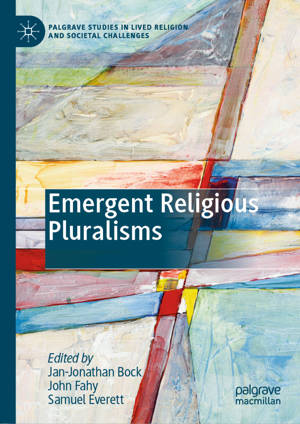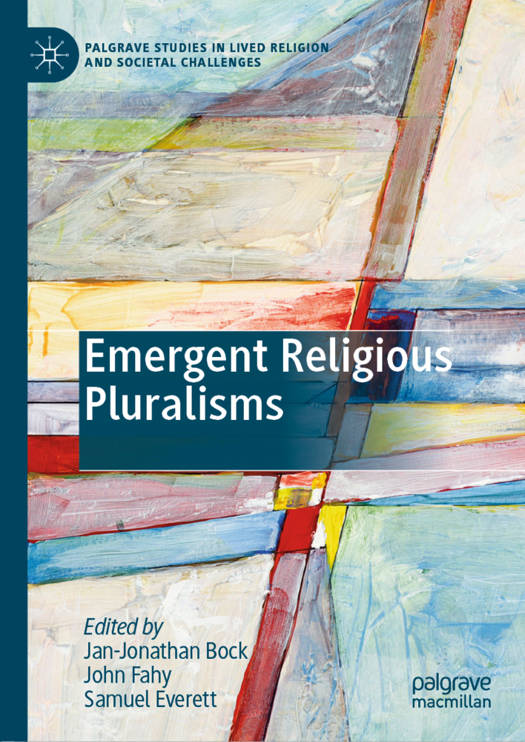
- Afhalen na 1 uur in een winkel met voorraad
- Gratis thuislevering in België vanaf € 30
- Ruim aanbod met 7 miljoen producten
- Afhalen na 1 uur in een winkel met voorraad
- Gratis thuislevering in België vanaf € 30
- Ruim aanbod met 7 miljoen producten
Emergent Religious Pluralisms
Omschrijving
In a rapidly changing world, in which religious identities emerge as crucial fault lines in political and public discourse, this volume brings together multiple disciplinary perspectives in order to investigate shifting conceptions of, and commitments to, the ideals of religious pluralism.
Spanning theology, sociology, politics and anthropology, the chapters explore various approaches to coexistence, political visions of managing diversity and lived experiences of multireligiosity, in order to examine how modes of religious pluralism are being constructed and contested in different parts of the world. Contributing authors analyse challenges to religious pluralism, as well as innovative kinds of conviviality, that produce meaningful engagements with diversity and shared community life across different social, political and economic settings.
This book will be relevant to scholars of religion, community life, social change and politics, and will also be of interest to civil society organisations, NGOs, international agencies and local, regional and national policymakers.
Specificaties
Betrokkenen
- Uitgeverij:
Inhoud
- Aantal bladzijden:
- 325
- Taal:
- Engels
- Reeks:
Eigenschappen
- Productcode (EAN):
- 9783030138103
- Verschijningsdatum:
- 8/10/2019
- Uitvoering:
- Hardcover
- Formaat:
- Genaaid
- Afmetingen:
- 148 mm x 210 mm
- Gewicht:
- 566 g

Alleen bij Standaard Boekhandel
Beoordelingen
We publiceren alleen reviews die voldoen aan de voorwaarden voor reviews. Bekijk onze voorwaarden voor reviews.










